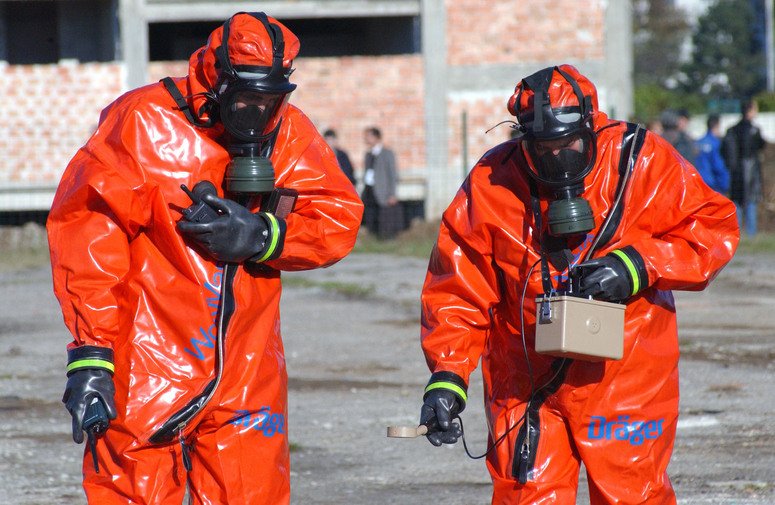
NATO's Agenda of Arms Control, Disarmament and Non-Proliferation
19.12.2023 / 12:57 | Aktualizováno: 26.01.2024 / 13:58
NATO has a long-standing commitment to an active policy in arms control, disarmament and non-proliferation. The Alliance is an essential consultative and decision-making platform for its members on all aspects of arms control and disarmament. NATO's policies support consultation and practical cooperation in a wide range of areas including conventional arms control, nuclear policy issues or preventing the proliferation of weapons of mass destruction (WMD).
Active policies in arms control, disarmament and non-proliferation have been an inseparable part of NATO's contribution to security and stability since 1957. The NATO Strategic Concept, adopted at the Madrid Summit in 2022, states that strategic stability, delivered through effective deterrence and defence, arms control and disarmament, and meaningful and reciprocal political dialogue, remains essential to Alliance´s security. It also states that Allies’ efforts on arms control, disarmament and non-proliferation aim to reduce risk and enhance security, transparency, verification and compliance, and that Allies will pursue all elements of strategic risk reduction, including promoting confidence building and predictability through dialogue, increasing understanding, and establishing effective crisis management and prevention tools.
In the Vilnius Summit communiqué, Allies stated that they will pursue all elements of strategic risk reduction, including promoting confidence building and predictability through dialogue, increasing understanding, and establishing effective crisis management and prevention tools, and that these efforts will take the prevailing security environment and the security of all Allies into account and complement the Alliance’s deterrence and defence posture.
Allies also stated that Russia’s violations and selective implementation of its arms control obligations and commitments have contributed to the deterioration of the broader security landscape. Allies called on Russia to return to full implementation of the New Start Treaty and condemned Russia’s decision to withdraw from the landmark Treaty on Conventional Armed Forces in Europe. They also confirmed that the Treaty on the Non-Proliferation of Nuclear Weapons (NPT) remains the essential bulwark against the spread of nuclear weapons. It is the cornerstone of the global nuclear non-proliferation regime and disarmament architecture, the only credible path to nuclear disarmament, and the framework for international cooperation in sharing the peaceful uses of nuclear energy, science and technology.
The most recent step of the Alliance in the area of ADN was the statement of November 7, 2023 regarding the intention of the Allies/signatories (including the Czech Republic) of the Treaty on Conventional Armed Forces in Europe (CFE) to suspend the operation of this Treaty.




